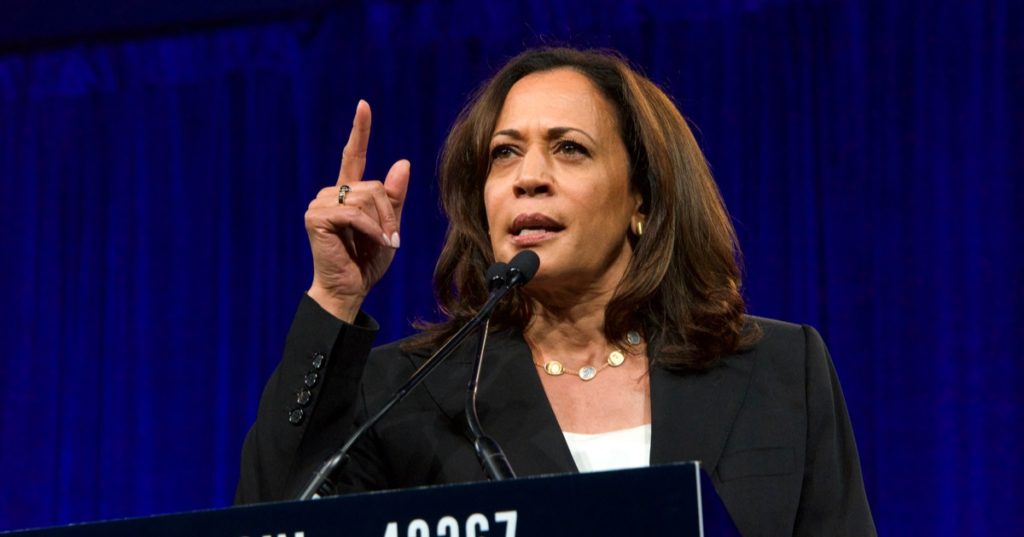





The U.S. Supreme Court faces a crucial decision as it deliberates whether former President Donald Trump can claim presidential immunity against criminal charges linked to his actions during his tenure.
Fox News reported that the Supreme Court is reviewing arguments involving Trump’s claim to immunity from prosecution for actions related to the 2020 election. Scheduled for Thursday morning, these proceedings mark a significant moment in American jurisprudence, being the second case involving Trump this term.
Earlier, on March 4, the justices decided unanimously that Trump would stay on the Colorado primary ballot despite facing insurrection allegations related to the January 6, 2021, Capitol riot.
Following a unanimous decision by a federal appeals court against Trump, the question of whether he can invoke presidential immunity in criminal cases has gained considerable attention. The court notably declared that once Trump left office, he ceased to have immunity protection against prosecution for his presidential acts.
"For the purpose of this criminal case, former President Trump has become citizen Trump, with all of the defenses of any other criminal defendant," stated the federal appeals court. The message here was clear: past presidential status does not shield one from legal accountability.
Trump, who has pleaded not guilty to all charges, was indicted by Special Counsel Jack Smith. These charges include conspiracy to defraud the U.S. and obstruction of an official proceeding, stemming from events surrounding the Capitol riot.
In defense of their client, Trump’s legal team presented a striking argument to the high court, emphasizing the potential adverse effects on the presidency if criminal immunity is denied. They contended that such a scenario would create an atmosphere of political extortion and severely limit presidential authority.
"A denial of criminal immunity would incapacitate every future President with de facto blackmail and extortion while in office, and condemn him to years of post-office trauma at the hands of political opponents," Trump’s lawyers argued. This assertion highlights the broader implications of the court's pending decision.
Backing Trump’s stance on immunity are 19 GOP-controlled states and over two dozen Republican Congress members, illustrating significant political support for his legal arguments.
The Supreme Court's decision is being fast-tracked, with expectations of a ruling possibly before the typical end-of-term timeline. This expediency underscores the urgency and significance of the case amidst Trump's ongoing legal battles.
Looming in the backdrop of this high-stakes judicial examination is another trial against Trump in New York, for which jury selection began on April 15. The outcome of the Supreme Court’s deliberation could impact the timing and course of this separate case about election interference.
The Special Counsel’s brief to the Court stressed that no former president has ever been granted criminal immunity after leaving office. "The Framers never endorsed criminal immunity for a former President," it noted, adding that the possibility of facing criminal charges post-presidency has always been understood.
Justice Clarence Thomas, reflecting on past court decisions in 2020, noted that while absolute immunity could be argued for actions taken within the scope of the presidential office, the extent of this immunity, once a president leaves office, remains legally uncharted. This crucial distinction could fundamentally shift how presidential accountability is viewed in the United States.
In their previous rulings, Supreme Court justices have often approached the question of presidential immunity with caution, recognizing the unique position of the presidency but also the principle of accountability. How they decide this case will be keenly watched as it has the potential to redefine the bounds of presidential power and responsibility.



